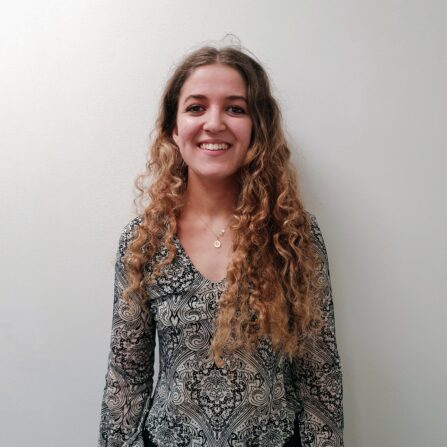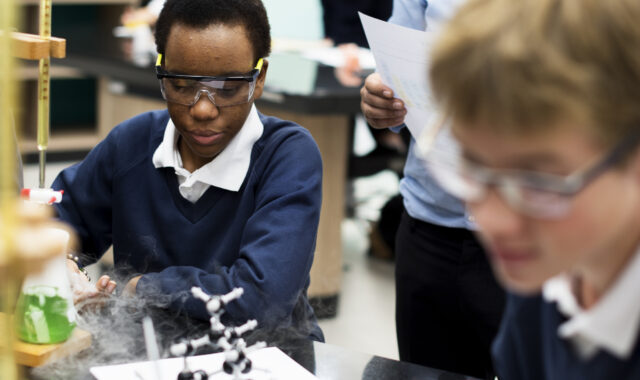
Ruby B.
BSc: Chemistry with biological and medicinal chemistry (2:1)What subjects and qualifications did you take at school or college (e.g. A Levels, IB, BTECs, EPQ)?
A-levels: Chemistry (A), Biology (A), Maths (A*)
AS-levels: Physics (A)
GCSEs: 8 A*s, 4 As
Why did you decide to pursue this degree at university?
I wanted to learn about how medicines and vaccines are designed and developed and how they interact in the body.
What does an average day or week at university look like for you (e.g. lectures, practicals, independent study, other interests)?
For the first year of university, I had one day a week in labs, about 18 hours of lectures a week and at least one worksheet or tutorial per week. It got more specialised as I went through the course. My second year was similar to my first year, but the third year was a lot more dissertation/project-directed, and depended whether you were on the Bachelor’s or the combined Master’s.
What aspect of your course do you most enjoy?
I enjoyed the labs the most as I learnt a variety of techniques; not just lab techniques, but how to use Excel, process data and write a scientific report – all useful skills for careers outside the lab.
What do you find most challenging about your degree?
For me, it was time management. My course had a lot of contact time but also required us to do a lot of work at home. The key was to get organised but also to know when to switch off and have a break.
What are your aspirations after your degree?
I am now on my PGCE course to become a chemistry teacher.
What would be your top piece of advice for anyone wanting to study medicinal chemistry?
If you want to study a specific area of chemistry, look up the course on the university website. See how much of the module content is stuff you are interested in and how many modules are compulsory vs optional. This will vary massively between universities. It can be good to pick a course which is broad at first and specialises later on with flexible options; this will make it easier for you to switch specialities if you want to (there are lots of specialities covered at university which you might not have ever come across at school).



Comments